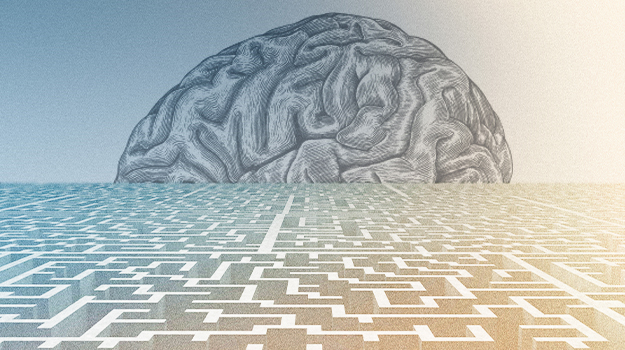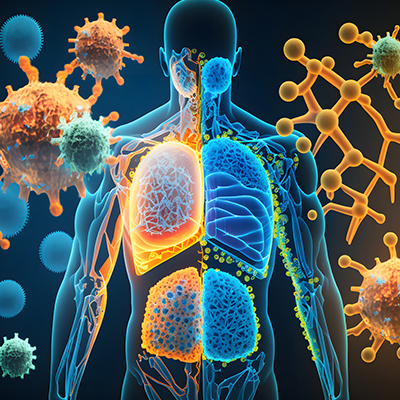In the realm of mental health, literature plays a crucial role in providing both therapists and clients with valuable insights and practical strategies. While self-help books are widely known, there exists a plethora of other mental health books that delve deeper into the complexities of the human mind, offering profound understanding and therapeutic techniques. Here are seven must-read mental health books that every therapist should recommend, going beyond traditional self-help.
1. “Man’s Search for Meaning” by Viktor E. Frankl
Viktor Frankl, a Holocaust survivor and psychiatrist, explores the quest for meaning through his harrowing experiences in Nazi concentration camps. This seminal work introduces the concept of logotherapy, emphasizing the importance of finding purpose in life. Therapists can use Frankl’s insights to help clients discover their own sources of meaning, fostering resilience and psychological well-being.
2. “The Body Keeps the Score: Brain, Mind, and Body in the Healing of Trauma” by Bessel van der Kolk
Dr. Bessel van der Kolk, a leading expert on trauma, presents groundbreaking research on how trauma affects the brain and body. This comprehensive book offers therapists a deep understanding of trauma’s impact and provides innovative therapeutic approaches, such as EMDR, yoga, and neurofeedback, to support healing and recovery.
3. “Attachment in Psychotherapy” by David J. Wallin
David J. Wallin’s book integrates attachment theory with psychotherapy, offering valuable insights into the therapist-client relationship. By understanding the role of attachment in emotional development, therapists can enhance their therapeutic techniques to better address issues related to attachment and relational trauma, ultimately improving client outcomes.
Johann Hari’s investigative work explores the root causes of depression beyond the traditional biomedical model. He examines the social and environmental factors contributing to mental health issues and offers practical solutions for addressing them. Therapists can use this book to broaden their perspective on depression and incorporate holistic approaches into their practice.
5. “In the Realm of Hungry Ghosts: Close Encounters with Addiction” by Gabor Maté
Dr. Gabor Maté, a renowned addiction specialist, delves into the complexities of addiction through compelling case studies and personal anecdotes. His compassionate approach emphasizes the role of childhood trauma and emotional pain in addiction. This book provides therapists with valuable insights into the root causes of addictive behaviors and effective therapeutic interventions.
6. “Thinking, Fast and Slow” by Daniel Kahneman
Nobel laureate Daniel Kahneman’s book offers a profound exploration of the two systems of thinking: the fast, intuitive System 1 and the slow, rational System 2. By understanding these cognitive processes, therapists can help clients recognize and address cognitive biases and thought patterns that influence their behavior and decision-making.
Irvin D. Yalom, a distinguished psychotherapist, shares his wisdom and experiences in this insightful book. “The Gift of Therapy” provides practical advice and reflections on the therapeutic process, making it an invaluable resource for both novice and experienced therapists. Yalom’s humanistic approach encourages therapists to foster genuine, empathetic connections with their clients.
Why These Books Are Essential
These books go beyond self-help, offering therapists profound insights into various aspects of mental health. They cover topics such as trauma, addiction, cognitive processes, and the therapeutic relationship, providing evidence-based knowledge and practical strategies. By recommending these books, therapists can enhance their practice, support their clients more effectively, and promote a deeper understanding of mental health.





